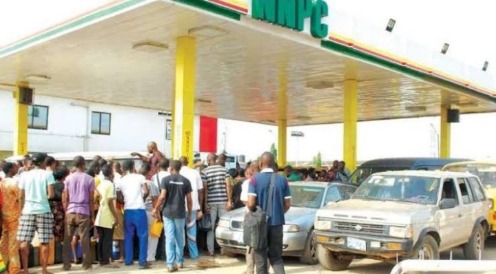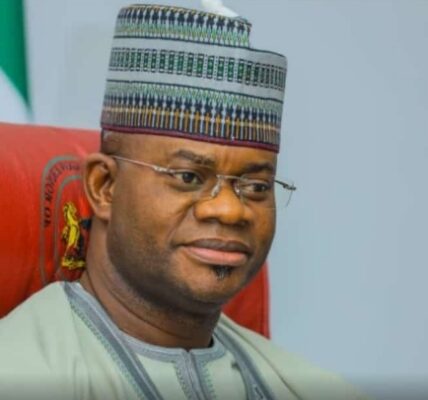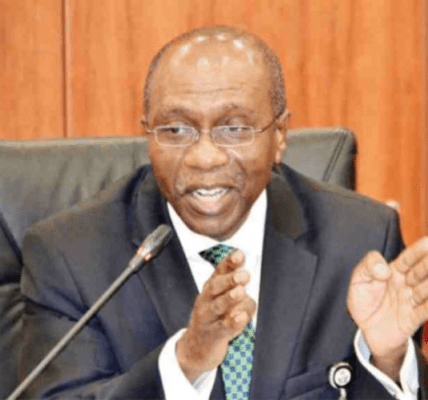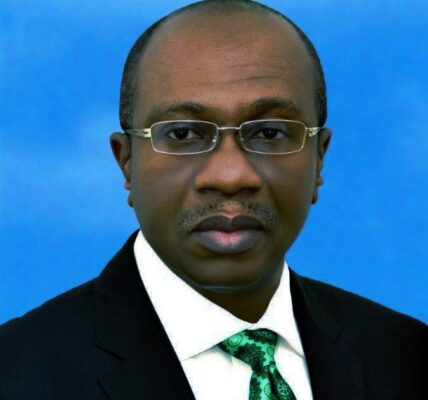This post has already been read 25703 times!
The Nigerian National Petroleum Company Limited (NNPCL) has been accused of selling petrol to marketers at a higher rate, sparking outrage among petroleum marketers.
According to Abubakar Garima, National President of the Independent Marketers Association of Nigeria (IPMAN), NNPCL sells petrol to its members in Lagos for ₦1,010 per liter, despite purchasing it from Dangote Refinery for less than ₦900 per liter.
Garima expressed his dissatisfaction on Channels Television’s Sunrise Daily, stating that NNPCL’s prices vary across different locations, with ₦1,045 per liter in Calabar, ₦1,050 in Port-Harcourt, and ₦1,040 in Warri. He also revealed that NNPCL owes petroleum marketers approximately ₦15 billion, with payments pending for almost three months.
“Our money has been with the NNPCL for almost three months now,” Garima said. “Either they sell for us at the same rate they are getting the product from Dangote Refinery or refund us so we can buy directly from Dangote Refinery.” He emphasized that NNPCL has
refused to provide the product paid for and is instead asking marketers to cover the difference.
This development comes on the heels of NNPCL’s adjustment of fuel prices at its retail outlets in Lagos and Abuja. The price increase has seen petrol sell for ₦998 per liter in Lagos, a ₦150 hike from the initial price of ₦855.
In Abuja, the pump price rose to ₦1,030 from ₦897. Some filling stations in Lagos State are selling petrol for as high as ₦1,050 per liter.
IPMAN views this as full-fledged deregulation, where subsidy removal will ensure product availability and eliminate queues at filling stations.
“The change that Nigerians are going to expect now: one, we are expecting availability since there is no subsidy,” Garima said. “The NNPC is not the sole importer. Other marketers too will participate. It is the same thing in buying the product. Other marketers will buy products directly from Dangote (Refinery). It is not only NNPC.”







